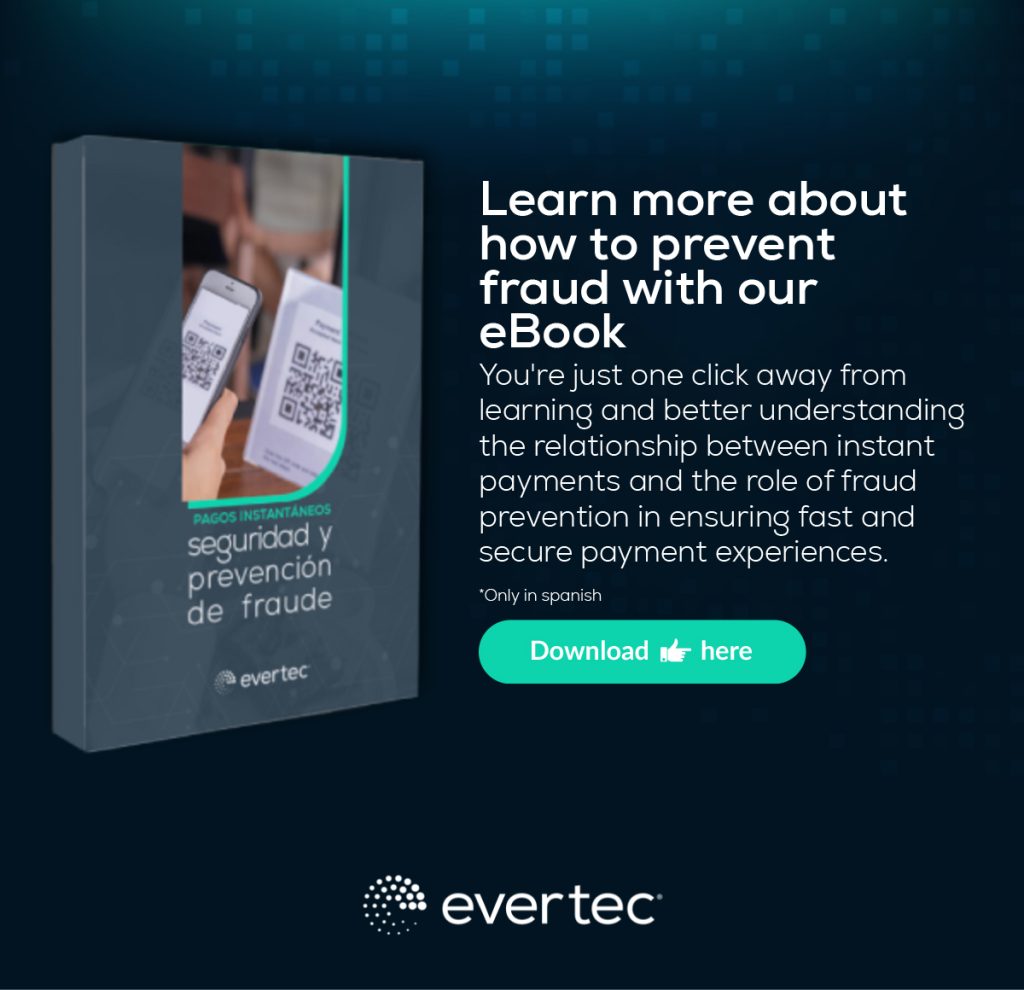Without a doubt, the Internet has come to make our lives easier. Today we can buy practically anything through a computer, phone or tablet and receive the product at your door in a matter of days or even during the same day. However, being such a large universe, the web can pose some dangers, especially when it comes to private, personal or financial data. That is why it is important to take precautions when making transactions online. Here we will explain how to offer and perform secure purchases online.
1. Use a secure WI-FI network or Internet connection
Although they are readily available, easy to use and simple to buy since they connected to networks of bars, shopping centers, study centers or shops, the truth is that these networks tend to be unsafe. Information packets transmitted over public connections can easily be captured by hackers or cybercriminals. For this reason, to purchases or perform an operation in which you are going to transfer important personal information, we recommend that you do so on a secure network.
2. Keep your equipment updated and protected
Making online purchases is one of the processes thru which we transfer a lot of personal and confidential, identifiable information. For this reason, before you start shopping make sure your computer is safe, up-to-date and that you have a good antivirus product installed.
3. Buy from well-known and reputable websites
While searching the web for the best offer, we can sometimes reach unknown and unreliable websites. Stay away from them. Check that the URL of the site matches the website where you think you are accessing and verify that its internet address begins with https. Buying on reliable websites with a solid online reputation you will avoid being a victim of data or identity theft. Similarly, it is important that these stores have a secure and responsible payment gateway.
4. Review the store’s privacy and return policy
Before buying on an online store, check if they have their privacy policy in a visible place and that it is up to date. Do you know what to do if the product you buy is not the right one? How can you return it? These are also aspects to consider when choosing where to buy online.
5. Give only the necessary personal data
If you are surprised that they ask you for some personal information (cell phone, names of relatives, place of birth, etc.) to make the purchase, do not give them the information and rather check before if you are at the correct online site.
6. Avoid links from emails and advertisements
The offer you just received in the mail, is it too good to be true? If so it possibly is false. Ad campaigns and mails with offers and great discounts are a tool widely used by cybercriminals. Avoid being a victim of phishing.
7. Periodically check your credit card movements
After making several purchases online, check that all the charges on your account are known to you and you that have them controlled. If you find any of them suspicious, contact your bank, you may have been the victim of identity theft.
8. Learn to identify malicious emails
Unfortunately, there are malicious emails designed to steal important data from you that can lead to large financial losses or make confidential files public. Do not open any links on emails you do not recognize or look suspicious.


